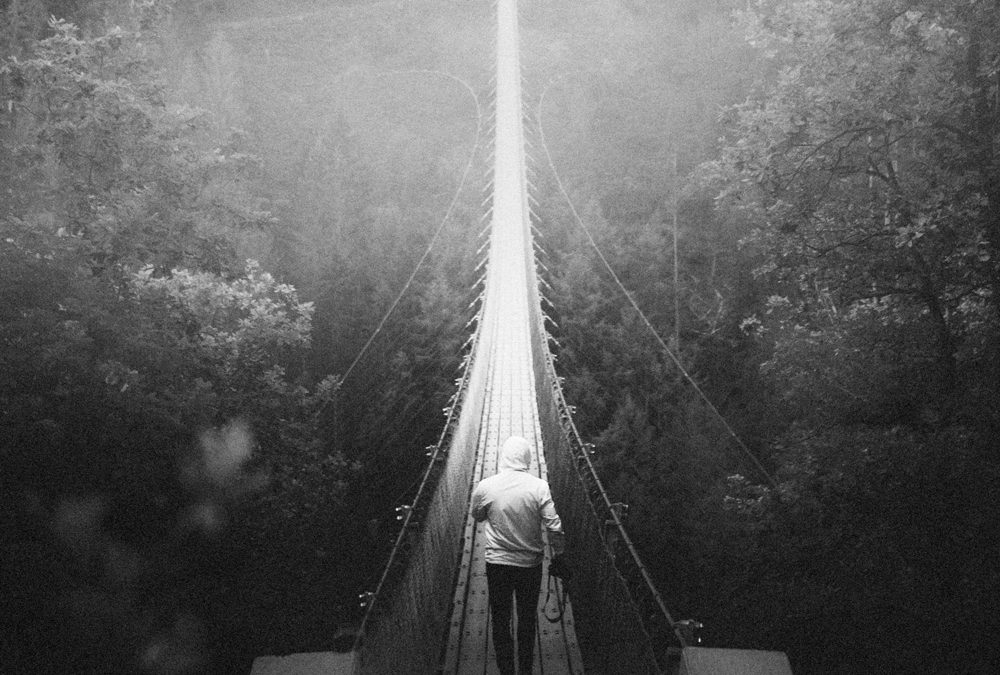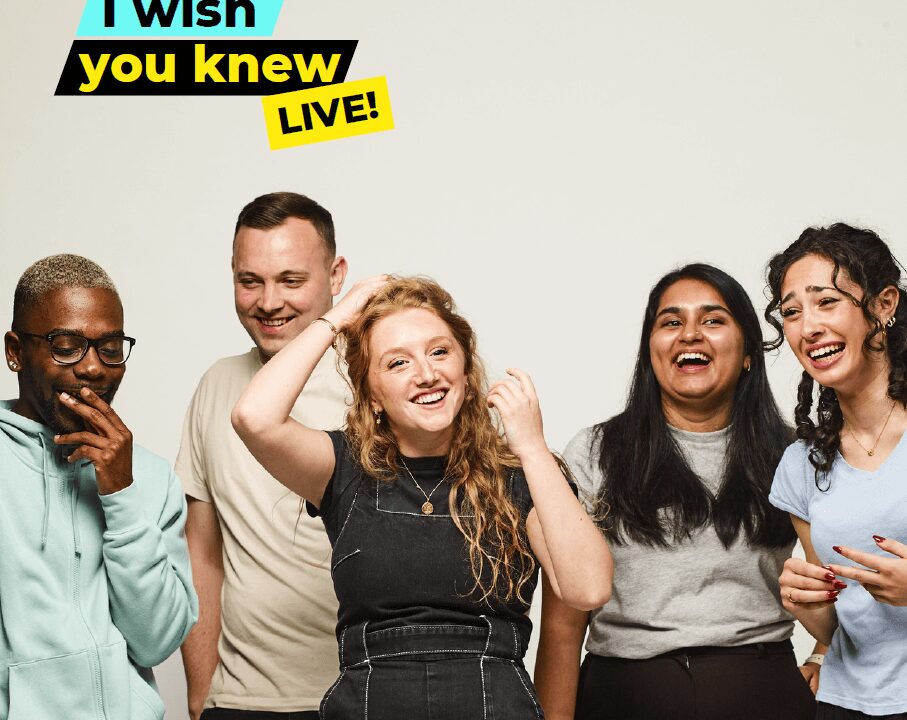What My Therapist’s Suicide Teaches Us About Empathy


Trigger Warning: this post discusses suicide. If you feel at all triggered by the contents below, please reach out for support. Text BEYOND to 85258.
Joseph Lyons
What My Therapist’s Suicide Teaches Us About Empathy
Seven months ago, my therapist of two years took her own life. I’m not even one of the top 50 people that you should feel sorry for. Not that I don’t deserve any pity at all. I do. And I’ve been given some — don’t worry. But my therapist was a parent, a spouse and a sibling, a member of a large extended family and a friend. It’s worth acknowledging how peripheral my place in her life was, before I write anything too self-indulgent and you feel anything too pitiful.
My therapist was a caring Irish lady, whose accent hadn’t been perturbed by time on British soil. She was only 56 when she died. And only just about. Her birthday was two days before she took her own life. Sorry to repeat ‘take her own life’ again. It must be such a dark thing to read — so dark, I reckon, that I haven’t told many of my friends. Not because I’d break down crying if I told them. I just don’t want to put them off getting a therapist. I really do think getting a therapist is worth it. Even if they end up taking their own life.
I’m more than okay, and I think this is the greatest possible testament to how much my therapist helped me. When we met, I was really suffering. My pain was insidiously inarticulable. I was having unsolicited cyclical thoughts centred around my relationship at the time. I couldn’t stop these negative thoughts from happening and no one was really noticing how bad and frequent they had gotten. Even when I was trying to tell friends and they drew close to understanding, they couldn’t help. But I found my therapist and she saw my self-punishing thoughts and she really helped me stop them. I wonder how much she was suffering when she was helping me. I don’t think she was suffering for most of the time I knew her. I think she was only really bad at the end. But then again, what do I know?
I now know that the pandemic hit my therapist really hard. And even at the time, I knew it was affecting the content of our therapy sessions. Ironically, all I wanted to talk about in my last few therapy sessions was death. We were in a pandemic. In the news, loads of people were dying and it was making me anxious. I didn’t even know these dying people, but hearing and reading about them made me feel terrible. So, I told her. But talking about death seemed to make her nervous. I stopped wanting to talk about it. In retrospect, this was a bad sign.
My therapist wanted to talk specifically about coping with the pandemic almost every session, but I wasn’t actually feeling that bad about it. I had started living with my current girlfriend and it was going really well. I was grateful for the pandemic, really. Commuting to and from work had been a waste of time. In fact, I was doing so well in the pandemic that I’d reduced my therapy sessions from one session per week to one a fortnight. I’d stopped needing her so much. So, when she messaged me three weeks before her death to cancel what was to be our last scheduled therapy session, I was a little grateful. I didn’t need the session mentally; besides, it was kind of expensive and the screen time (by then, sessions were on Zoom) gave me a headache. My therapist told me that she had to cancel because she’d had a ‘crisis’ — I thought she’d had a panic attack or something. I later found out that her ‘crisis’ was an unsuccessful suicide attempt.
I miss my therapist. I don’t really believe that she’s gone. Before the pandemic, therapy sessions were held in a sweet little lodge in her back garden. There was something of a fairy tale about that place. She’d created a safe and warm home for vulnerable people to talk about their problems and solve them. I say home because she made you feel like family. Maybe it shouldn’t have felt like home. I don’t know.
That I’m not even in the top 50 people you should feel sorry for makes me think she positively impacted a lot of people. Many mourners line this queue of people who’ve lost this one terribly kind person. Knowing that someone who helped so many vulnerable people could need so much help is a bewildering and scary thought. But it makes sense. Did she decide to help others instead of herself? I think so.
Whatever the case, her death is a call for everyone to help those who help. Think about someone who gives and gives — are they okay? How long can they give before they can’t take anymore? Perhaps they hope that someone will take the hint and do as much for them as they do for others. I think my therapist’s suicide teaches us to reach out to the best of those we know — the most put together, the most caring, the most kind — they’re only human, after all.

